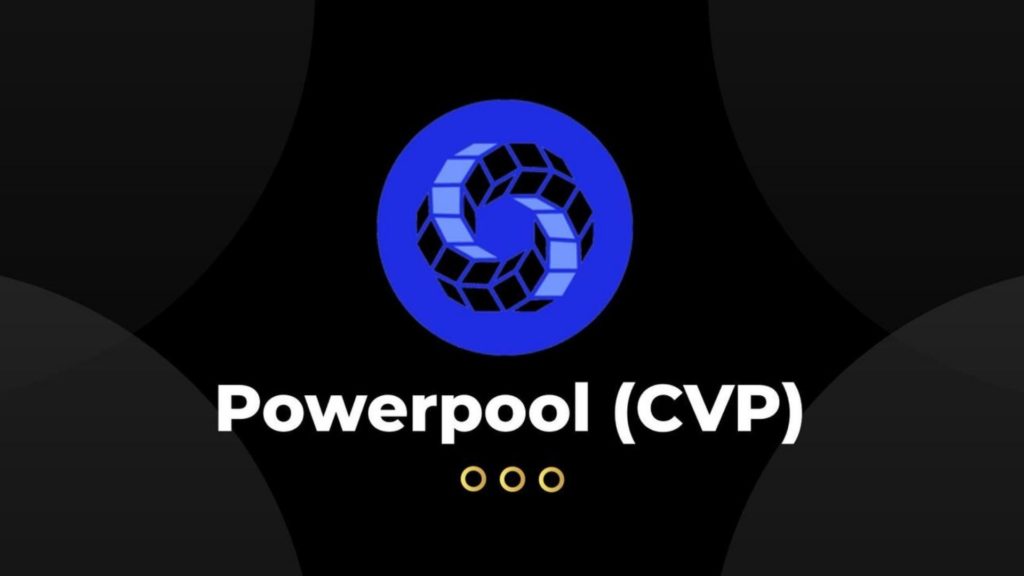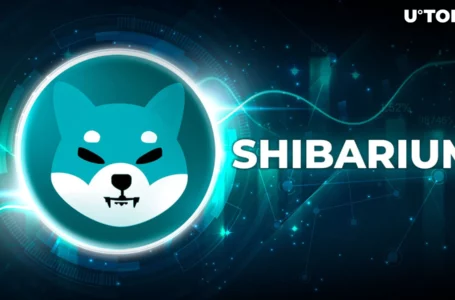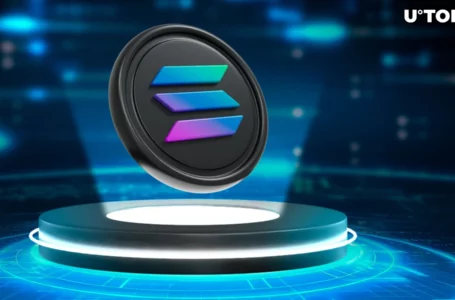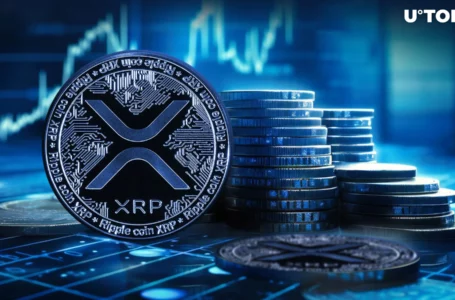
PowerPool (CVP) is a decentralized autonomous organization (DAO) that manages non-custodial, structured, thematic investment tokens. It is composed of the Power Universe family of diverse decentralized finance (DeFi) indices that are actively-managed. It promises high rewards, low gas fees, multi-chain investment pools that typical investors can simply mix and hedge.
PowerPool is a protocol that enables the pooling of governance tokens such as COMP, BAL, SUSHI and others. It enables token holders to lend, pool and borrow governance tokens, as well as earn money from them and accrue governance authority in Ethereum-based protocols. PowerPool is designed to increase the use of governance tokens for all end-users and create a better and more powerful community-driven governance system inside the DeFi ecosystem.
How Does PowerPool (CVP) Work?
PowerPool (CVP) is a novel DeFi system that allows governance tokens to be lent in exchange for voting power. PowerPool enables players of all sizes to pool, lend and borrow governance tokens in leading Ethereum-based ecosystems like Compound and Maker while earning interest. If there is a demand, any governance token holder can supply liquidity into a contract and earn the yield for lending their tokens, essentially becoming a liquidity provider (LP). Anyone on the market can borrow governance tokens by pledging permitted digital assets as collateral.
PowerPool Protocol’s governance token, CVP (Concentrated Voting Power), employs utility functions such as voting power of unclaimed governance tokens in the PowerPool. The voting power of minority token holders is utilized in the PowerPool system wherein minority token holders play a great role in decision making or governance in general.
Unique Features of PowerPool (CVP)
PowerPool creates and runs a one-of-a-kind technological stack that is tailored to manage pooled digital assets:
PowerPool uses a Wrapper and Router Technology
This system enables the staking of underlying assets to be done in a variety of ways. PowerPool pools stake assets in external protocols using the Wrapper and Router technology to generate additional income. This approach enables the Router contract to change asset management tactics without disrupting the main pool and without requiring LP intervention.
PiTokens are generic wrapper tokens that represent tokens in pools while actual tokens are staked elsewhere through Router. The staking procedures can be modified without having any effect on the basket. It also employs the Balancer v2 design, which was inspired by PowerPool DAO’s asset management technology. The balancer results in great flexibility and yield enhancement ability.
Meta Governance
PowerPool (CVP) employs pooled investment tokens as the medium for meta-governance since minority token holders with tiny stakes aren’t engaged because they can’t affect the outcome. Token-holders aren’t compensated for it in the majority of circumstances and must spend money on gas. Some protocols attempt to solve it by reducing gas costs, for example. The voting power split over thousands of minority token holders is not meaningless with PowerPool. It can now be gathered in one spot and that becomes a significant force in protocol governance.
Power Index
As part of PowerPool (CVP), Power Universe pools are built on Balancer v2 AMM, while individual tokens are managed by the community and are utilized to generate additional value for token holders who own pooled tokens.
There are eight governance tokens in the index. Through governance proposals, CVP holders can add or remove governance tokens, adjust their shares, fees and the values of other index factors. All governance tokens are pooled into the index and utilized for voting in composite protocols which is a part of Meta Governance.
PIPT or the Power Index Pool Token is a single token intended to be used in place of the Power Index’s 8 governance tokens. This token is generated in the event of Power Index liquidity provision and is burnt when redeemed.
Power Oracle Networks
This is a framework that allows PowerPool (CVP) Products to operate in a decentralized and permissionless manner. The Power Agent network is the central component of the system that conducts the automated smart contract calls required for PowerPool structured investment products to function.
It also automates any additional on-chain action that is required. Power Oracle is a decentralized cross-chain oracle built on Uniswap TWAPs that gives free pricing feeds for Ethereum, xDAI and Matic networks.
PowerPool DAO’s Power Agent and Power Oracle networks are exclusive to Powerpool DAO and are essential for active crypto investment management. They contribute to the network by creating rewards and yields, as well as minting new tokens.
CVP-Governance Token and PowerPool Staking
PowerPool features its native governance token, CVP. On exchanges, CVP may be purchased and staked as xCVP. xCVP is a treasury contract and ERC20 Token that enables CVP staking, governance participation, and protocol fee earning.
This contract takes product fees and acquires CVP on the marketplace, adding it to the general CVP pool and thereby increasing the value of xCVP. Stakers of xCVP are eligible for many benefits, and they also have a role in the governance of the PowerPool DAO, including code improvements that are passed on to the active community and liquidity providers.



















